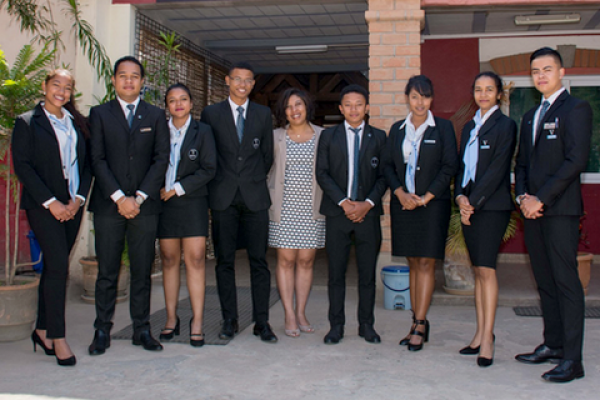
VATEL is a higher education school of Tourism and Hotel Management, a subsidiary of the Vatel group, created in 2014 by Falihery Ramakavelo and his wife Hanitra Ramakavelo. Vatel provides a Bachelor's level training in 3 years, and since 2018 a Master's level training (Bac+5) in 2 years, including a final year of specialization in Ecotourism, which will be launched in October 2019. Today, it counts 67 graduates (from the 2014 and 2015 classes) and 167 students in training. The main site is located in Ambatoroka, Antananarivo, and a new campus will be opened in October 2019 in Morondava to welcome the students of the Master Ecotourism.
With Miarakap funding, the promoters want to make Vatel a leading higher education group in the field of hotel and tourism in Madagascar, through:
- The strengthening and consolidation of the existing structure,
- The opening of a campus in Morondava to welcome students in the Ecotourism Master's degree, students from the local population in vocational training (partnership with UNESCO), and eventually an application ecolodge.
THE ENTREPRENEUR
Vatel is run by a couple: Falihery Ramakavelo, a graduate of ENA and the Special Military School of Saint-Cyr (France), he has several years of experience in Malagasy and French civil administration and as a senior manager of several Malagasy companies (BFV-SG, MAERSK, SIPROMAD); and his wife Hanitra Ramakavelo, graduate from the University of Angers (France) in Economic and Social Administration.
PARTNERSHIP WITH MIARAKAP
Miarakap's support mainly concerns:
• Funding for the renovation of the site in Morondava to accommodate the Master's degree in ecotourism,
• The financing of a technical assistance mission on project management for the construction works
• Support for the establishment of partnerships with NGOs specialized in Tourism and biodiversity conservation
MAIN IMPACTS
• Awareness and education on environmental issues, particularly biodiversity conservation,
• Strengthening the training offer on a priority sector in Madagascar
• Access to quality training for isolated rural populations (Morondava) through partnerships with international organizations such as UNESCO
• Environmental footprint management: solar installation on site
• Establishment of partnerships with professionals in tourism, education, crafts, etc.
• Establishment of socio-educational partnerships with funders

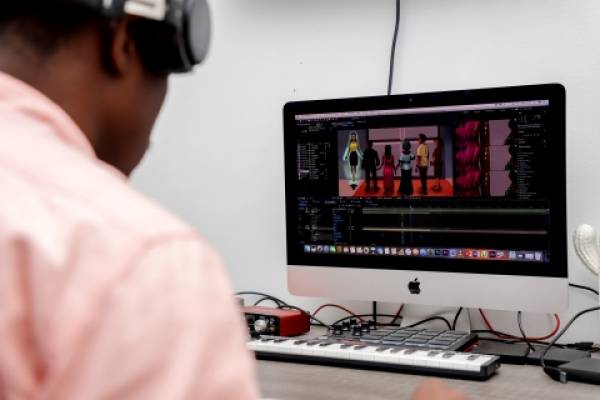
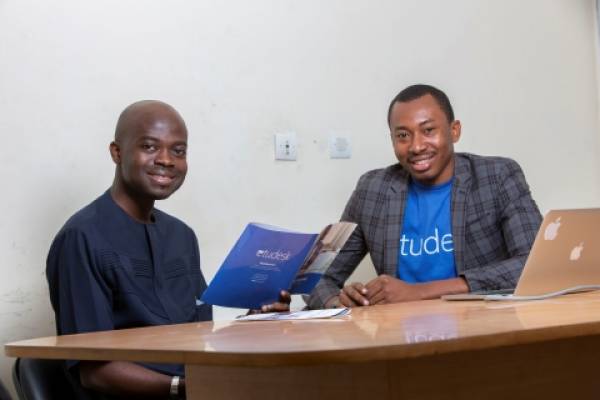

 Jonathan Cook is the current Chairman of AMI. He has over 25 year-experience in management education, facilitation, coaching and consulting. Prior to founding AMI, Jonathan spent almost 10 years at GIBS, one of Africa’s leading Business Schools, where he served at various times as a senior lecturer, the Director of Executive Education, Academic Director, Executive Director and finally Director of the Business School until December 2013.
Jonathan Cook is the current Chairman of AMI. He has over 25 year-experience in management education, facilitation, coaching and consulting. Prior to founding AMI, Jonathan spent almost 10 years at GIBS, one of Africa’s leading Business Schools, where he served at various times as a senior lecturer, the Director of Executive Education, Academic Director, Executive Director and finally Director of the Business School until December 2013. Rebecca Harrison is the current CEO of AMI and has led the team since inception. Previously, Rebecca spent 9 years as a foreign correspondent and manager for Reuters News Agency, where she led business coverage in Africa and reported on politics, markets and development from 13 countries in Africa, Europe and the Middle East. Rebecca completed her MBA in Entrepreneurship at South Africa’s Gordon Institute of Business Science, where she was awarded a Kellogg Foundation grant to conduct research into innovation in low-income markets. She is passionate about democratising skills development and supporting entrepreneurship in Africa through practical and affordable learning tools.
Rebecca Harrison is the current CEO of AMI and has led the team since inception. Previously, Rebecca spent 9 years as a foreign correspondent and manager for Reuters News Agency, where she led business coverage in Africa and reported on politics, markets and development from 13 countries in Africa, Europe and the Middle East. Rebecca completed her MBA in Entrepreneurship at South Africa’s Gordon Institute of Business Science, where she was awarded a Kellogg Foundation grant to conduct research into innovation in low-income markets. She is passionate about democratising skills development and supporting entrepreneurship in Africa through practical and affordable learning tools.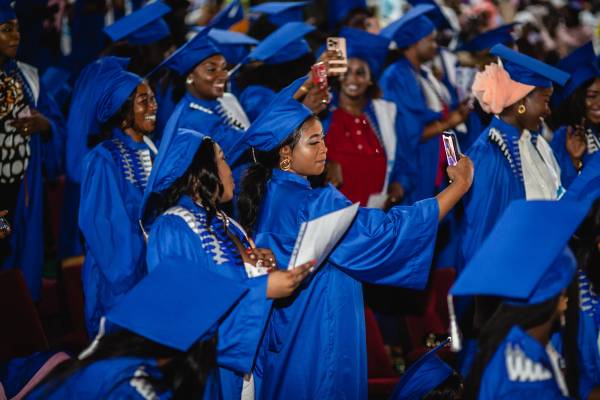
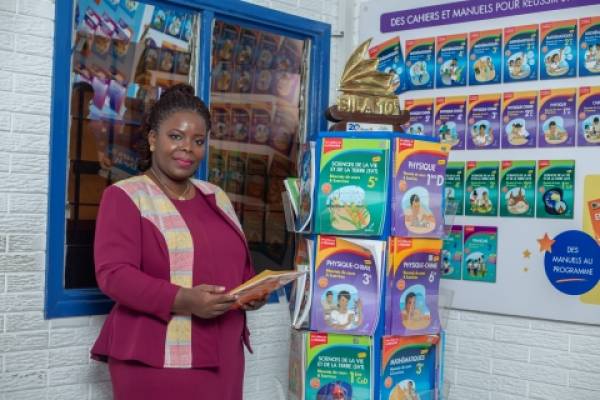
 Fidèle Diomandé worked between 2001 and 2005 at the national leader CEDA (before the merger with NEI), at the direction of manufacturing after passing through the communication department and pedagogy. Faced with the difficulties encountered by CEDA, she joined the printing press Nour. After a few months in this company, she decided to create Vallesse because of her passion for both books and entrepreneurship.
Fidèle Diomandé worked between 2001 and 2005 at the national leader CEDA (before the merger with NEI), at the direction of manufacturing after passing through the communication department and pedagogy. Faced with the difficulties encountered by CEDA, she joined the printing press Nour. After a few months in this company, she decided to create Vallesse because of her passion for both books and entrepreneurship.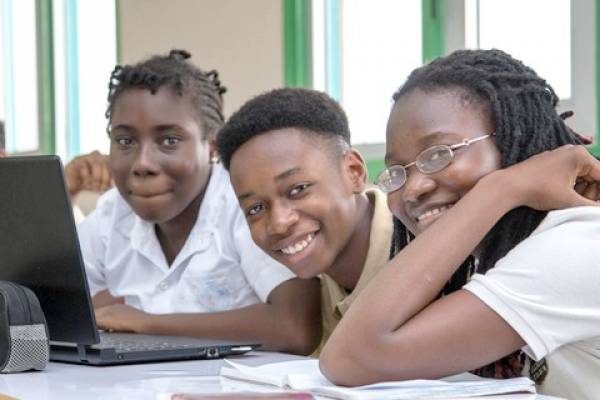
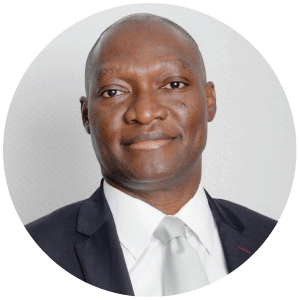 Cyrille Nkontchou, Founder and Chairman
Cyrille Nkontchou, Founder and Chairman Eric Pignot, Co-founder and Chief Operating Officer
Eric Pignot, Co-founder and Chief Operating Officer